42 reading and understanding food labels
Food labels - understanding and knowing how to read them | Klinio An excellent understanding of how to read food labels depends on your knowledge of calories. The emboldened calorie value of 240 is the expected amount of calories for each serving. This means that the total calories in the container will be 240 x 4 = 960 calories. A higher calorie intake is associated with obesity. How to understand food labels | Eat For Health The Nutrition Information Panel on a food label offers the simplest and easiest way to choose foods with less saturated fat, salt (sodium), added sugars and kilojoules, and more fibre. It can also be used to decide how large one serve of a food group choice or discretionary food would be and whether it's worth the kilojoules.
A Complete Guide to Reading and Understanding Nutrition & Ingredient Labels At the end of the day, having more knowledge about the foods you consume gives you more power to control your health. When buying foods, read the label, do a little inner translating, and ignore the health claims on the front. Health claims such as "diet," "natural," or "low-fat," may still be present on products that are loaded with sugar.

Reading and understanding food labels
How To Read Food Labels: Understanding the Basics - Instacart The nutrition facts table is usually found on the rear or the side of the label. This is perhaps the most useful part of a food label, providing a detailed breakdown of the product's nutritional content, including calories, protein, carbohydrates, fat, and more. 1. Beware of misleading claims. Understanding Food Labels - Food Allergy Research & Education Understanding Food Labels The only way to prevent a serious allergic reaction is to avoid the food allergen. Reading every food label, every time is one of the best ways to ... read the label at the store, when unloading your groceries, and before serving the food—to triple-check that a food is safe. Others use a system of colored stickers on ... Reading and understanding food labels - Human Kinetics Reading and understanding food labels This is an excerpt from Fitness and Wellness in Canada With Web Study Guide-Loose-Leaf Edition by Sarah J. Woodruff Atkinson,Carol K. Armbruster,Ellen M. Evans & Catherine M. Sherwood-Laughlin. Under the Food and Drugs Act, Health Canada requires labeling for all packaged foods.
Reading and understanding food labels. Understanding Food Nutrition Labels | American Heart Association Learn what to look for on the label. 1 - Start with the serving information at the top. This will tell you the size of a single serving and the total number of servings per container (package). 2 - Next, check total calories per serving and container. Food labels - NHS Most pre-packed foods have a nutrition label on the back or side of the packaging. These labels include information on energy in kilojoules (kJ) and kilocalories (kcal), usually referred to as calories. They also include information on fat, saturates (saturated fat), carbohydrate, sugars, protein and salt. Additives, healthy properties and expiration dates: a guide to ... Additives, healthy properties and expiration dates: a guide to understanding food labels. 2022-09-17T21:01:10.650Z. Some tips to correctly read the labeling of foods that we find in the supermarket What ingredients does it have? Is it really good for keeping cholesterol at bay? ... It is important to read the declaration well, since it not only ... Understanding Food Labels | RxWiki 1) Serving Size. This is found at the top of the label. People often overlook or don't understand a food's serving size. It's important to pay attention to the serving size to make sure you're not eating too much (which could lead to weight gain) or too little (not getting the full nutritional value). You may think you are only eating a ...
How to Read Food Labels: Your Complete Consumer Guide Details included on food labels are the nutritional composition of a food, as well as ingredients and their relative amounts. When relevant, they may also indicate important details about the food's quality, origin, processing, and method of preservation. With this information, the theory goes, you can make intentional decisions about what to buy. Understanding Food Labels - The Nutrition Source Understanding Food Labels The information on food labels is intended to help consumers become savvy about their food choices. The front, back, and sides of a package are filled with information to inform us what the food contains and to provide guidance in making healthier selections of processed foods. PDF A Guide to Reading Food Labels - University of Rochester Make healthy choices easier by understanding the sections of the Nutrition Facts label. 1. Serving Size. The serving size is a measured amount of food. In the sample label, the serving size is one cup, and there are two servings per container. If you ate the whole container, you would eat two cups, which doubles the calories and other nutrient ... Why it is important to read and understand food labels It is very important to know how to read and understand the context in order to understand what you are eating. The food label will provide information on what you are putting into your body by reading the ingredients and how much you are eating by reading the nutrition facts. For most people with diabetes it is ideal to maintain a healthy ...
Understanding Food Labels - Nutrition: Science and Everyday Application ... The FDA uses the following definitions for interpreting the %DV on food labels:4 5%DV or less means the food is low in a nutrient. 10% to 19%DV means the food is a "good source" of a nutrient. 20%DV or greater means the food is high in a nutrient. How to Understand and Use the Nutrition Facts Label | FDA - U.S. Food ... You can use the label to support your personal dietary needs - look for foods that contain more of the nutrients you want to get more of and less of the nutrients you may want to limit. Nutrients... Reading and understanding food labels can often feel like having to ... eceasap Reading and understanding food labels can often feel like having to understand an entirely new language. However, it is important that consumers are able to read and interpret the nutrient content in the foods they consume. For this assignment, you will need to compare the nutrition labels (provided) for two types of crackers, […] Reading Food Labels | ADA - American Diabetes Association Reading Food Labels | ADA Understanding Food Labels It's time to decode those food claims. Trying to figure out nutritional information on labels and packaging isn't easy. The good news is that we can help. Untangle packaging claims. If you get tripped up on food content claims, you're not alone. Fat free vs. low fat vs. reduced fat.
How to read food labels | healthdirect In Australia, the law requires all manufactured foods to carry labels containing safety and nutrition information. This information helps you to make decisions about the food you buy and eat so you can follow a healthy diet. The label will tell you: the name of the product, describing accurately what it is the brand name
Why Is Reading Food Labels Important? | livestrong The nutrition label provides key information such as serving size, calories, total fat, saturated fat, cholesterol, protein, carbohydrate and vitamin content. The label also contains a list of the ingredients. This information helps you stay on track with your daily targets.
Reading and Understanding Food Labels | Meal Prep on Fleek™ Nutrition Labels: Learn how to understand and use the Nutrition Facts Label to make informed food choices that contribute to a healthy diet. Here are the
Food Labels | CDC - Centers for Disease Control and Prevention If you eat the whole thing, you are eating 8 times the amount of calories, carbs, fat, etc., shown on the label. Total Carbohydrate shows you types of carbs in the food, including sugar and fiber. Choose foods with more fiber, vitamins, and minerals. Choose foods with lower calories, saturated fat, sodium, and added sugars. Avoid trans fat.
How to Read a Food Label - FoodAllergy.org Managing life with a food allergy means reading packaged food labels—every time you buy that food. This is true even if you have purchased the food hundreds of times. Ingredients and manufacturing processes can change without warning. Make a habit of carefully reading labels to ensure you avoid any potential allergens.
Learning To Read Labels :: Diabetes Education Online On a nutrition food label, subtract the fiber from the total carbohydrate amount. When you read food labels, the grams of sugar are already included in the total carbohydrate amount, so you do not need to count this sugar amount separately. The grams of sugar listed include both natural sugars, from fruit or milk, and added sugars.
How To Read Food and Beverage Labels - National Institute on Aging Although frozen and canned fruits and vegetables have food labels, fresh varieties often do not. You can find nutrition information for fresh vegetables and fruits on the USDA website. Or you can call the U.S. Department of Agriculture's Food and Nutrition Information Center at 301-504-5414. Understanding percent Daily Value (% DV)
Why Your Students Must Understand How to Read Food Labels By and large, students new to culinary arts are not experienced at reading food labels. Yet a food label contains information vital to evaluating the nutritional content of the vast majority of food products from the simplest to processed foods. Culinary students need to understand the food label and the ingredients in packaged foods. Indeed ...
How to Read Food Labels: Your Complete Consumer Guide To fully understand the Nutrition Facts portion of a label, for example, requires some basic knowledge of your nutritional needs. ... In the United States, if a food has less than 0.5 grams of artificial trans fats in a serving, the food label can read 0 grams trans fats. Since 2018, all foods sold in the US have by law had to meet this ...
PDF How to Read the Food Label - University of California, Santa Cruz Look for low- sodium foods with less than 140 mg per serving. Track the total amount you eat. Fiber. Aim for 25 to 38 grams of fiber per day. Sugars: Limit added sugars. Some vitamins and minerals may be listed with DV in one serving. Percent Daily Values (DV) tell you how much you should be eating based on a 2,000 or 2,500 calorie diet.
Reading and understanding food labels - Human Kinetics Reading and understanding food labels This is an excerpt from Fitness and Wellness in Canada With Web Study Guide-Loose-Leaf Edition by Sarah J. Woodruff Atkinson,Carol K. Armbruster,Ellen M. Evans & Catherine M. Sherwood-Laughlin. Under the Food and Drugs Act, Health Canada requires labeling for all packaged foods.
Understanding Food Labels - Food Allergy Research & Education Understanding Food Labels The only way to prevent a serious allergic reaction is to avoid the food allergen. Reading every food label, every time is one of the best ways to ... read the label at the store, when unloading your groceries, and before serving the food—to triple-check that a food is safe. Others use a system of colored stickers on ...
How To Read Food Labels: Understanding the Basics - Instacart The nutrition facts table is usually found on the rear or the side of the label. This is perhaps the most useful part of a food label, providing a detailed breakdown of the product's nutritional content, including calories, protein, carbohydrates, fat, and more. 1. Beware of misleading claims.
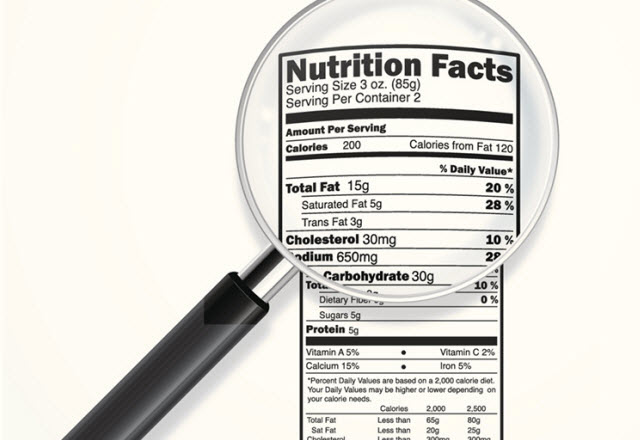

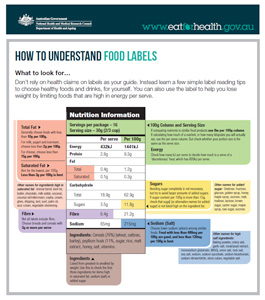
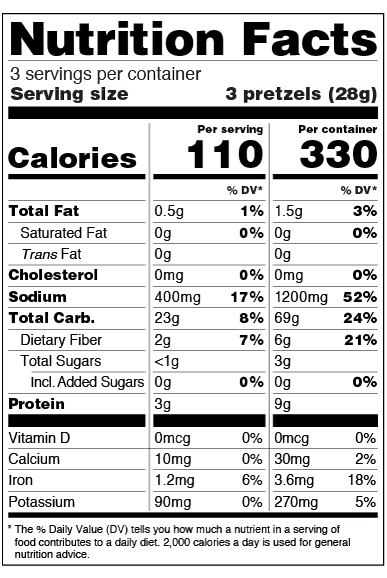



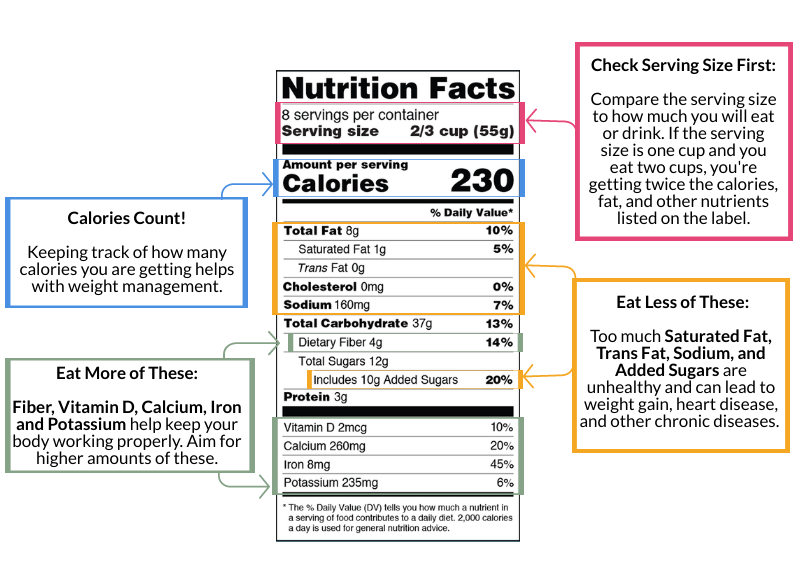

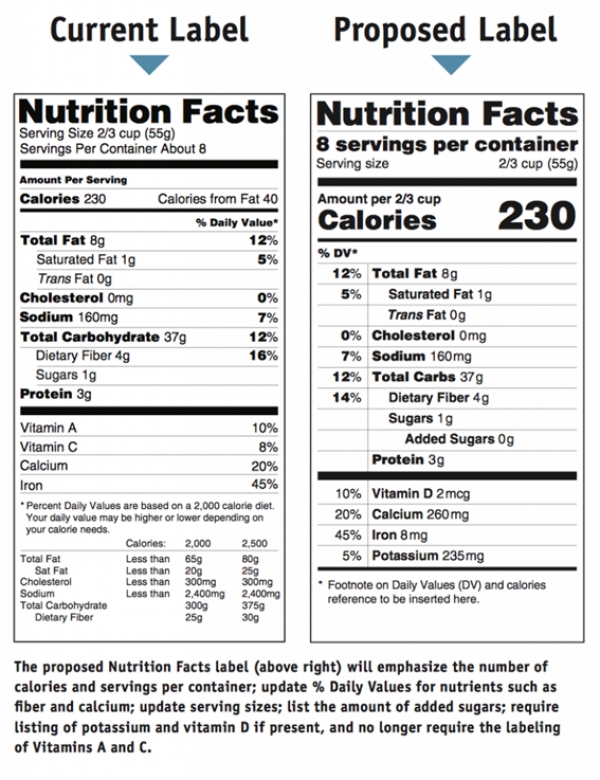



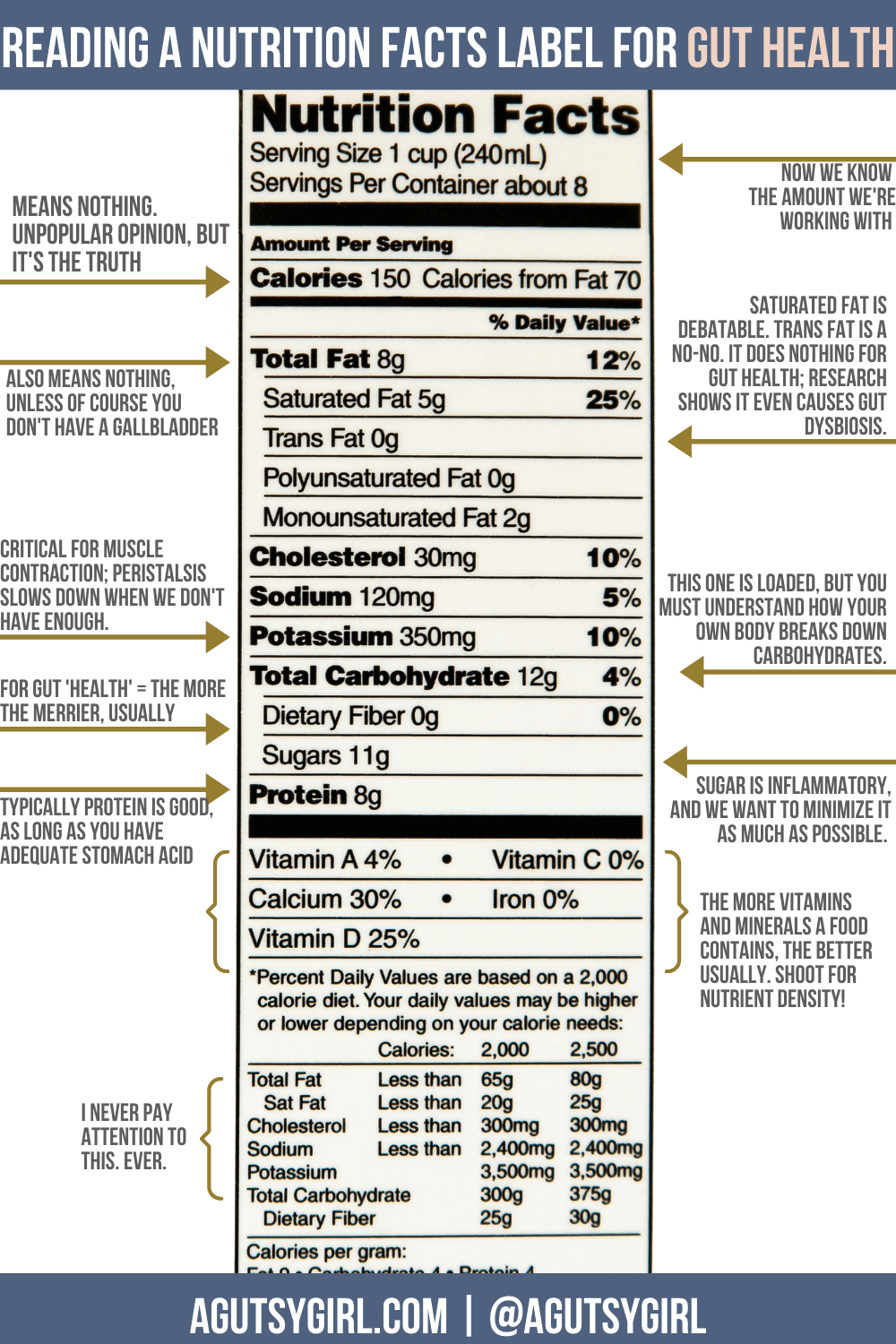




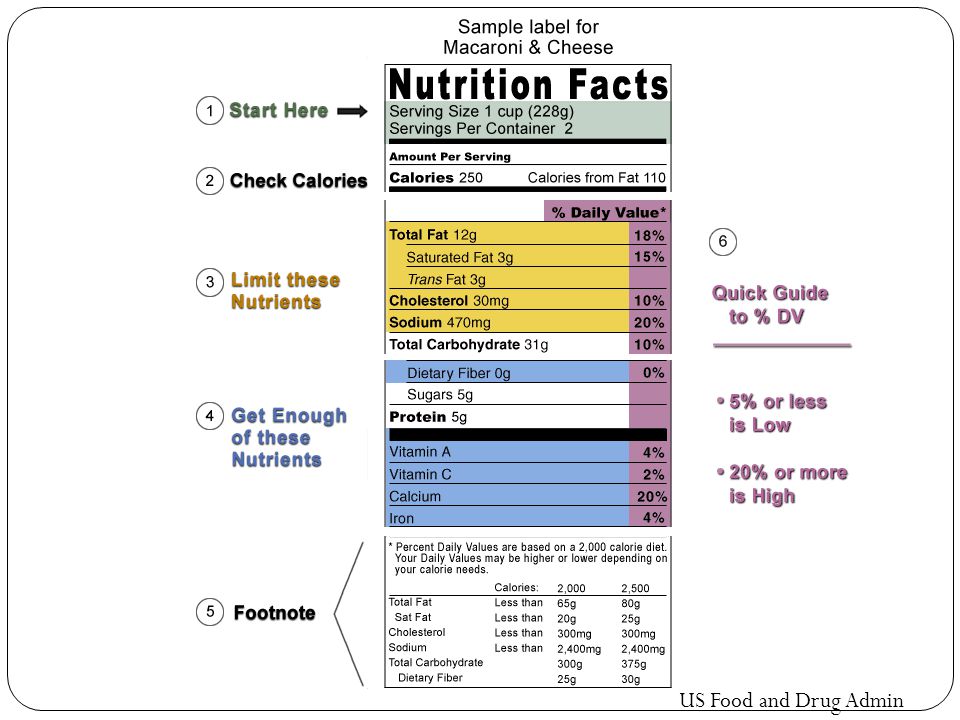

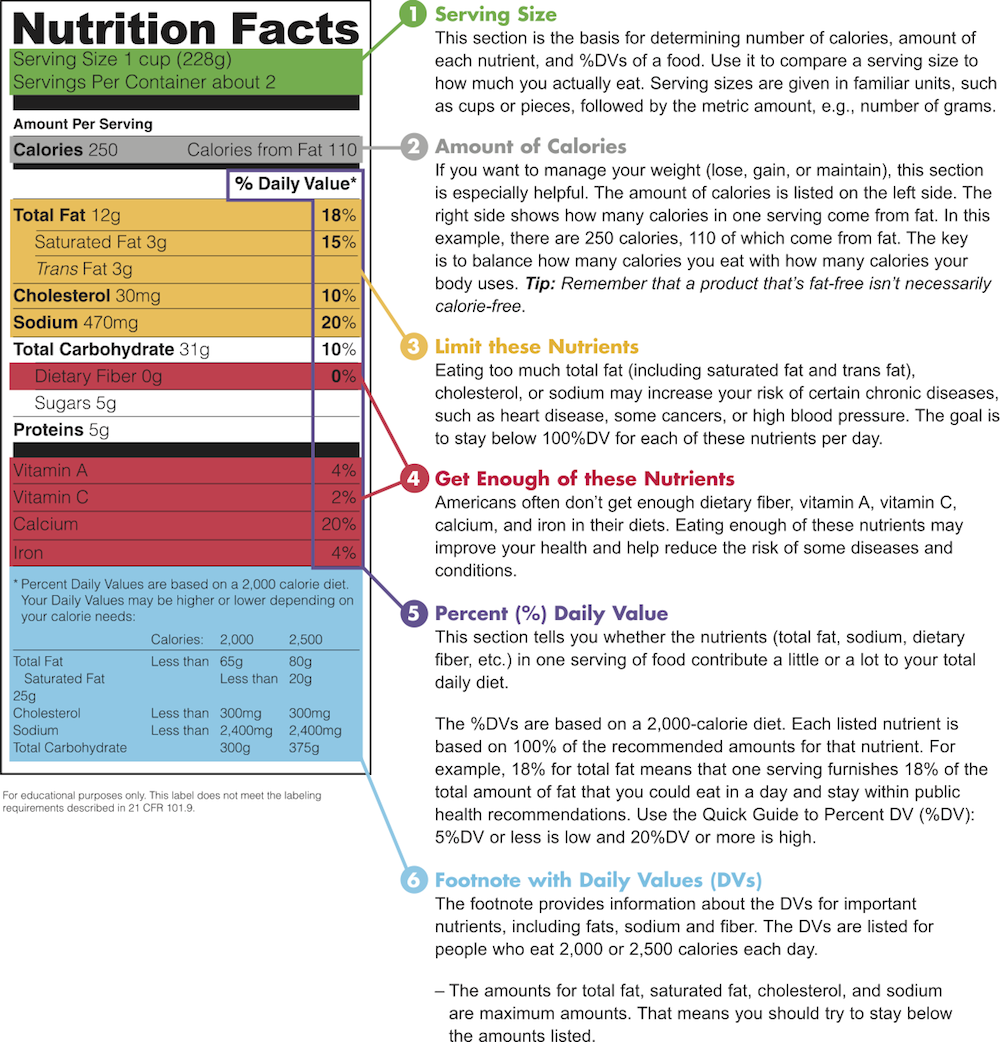
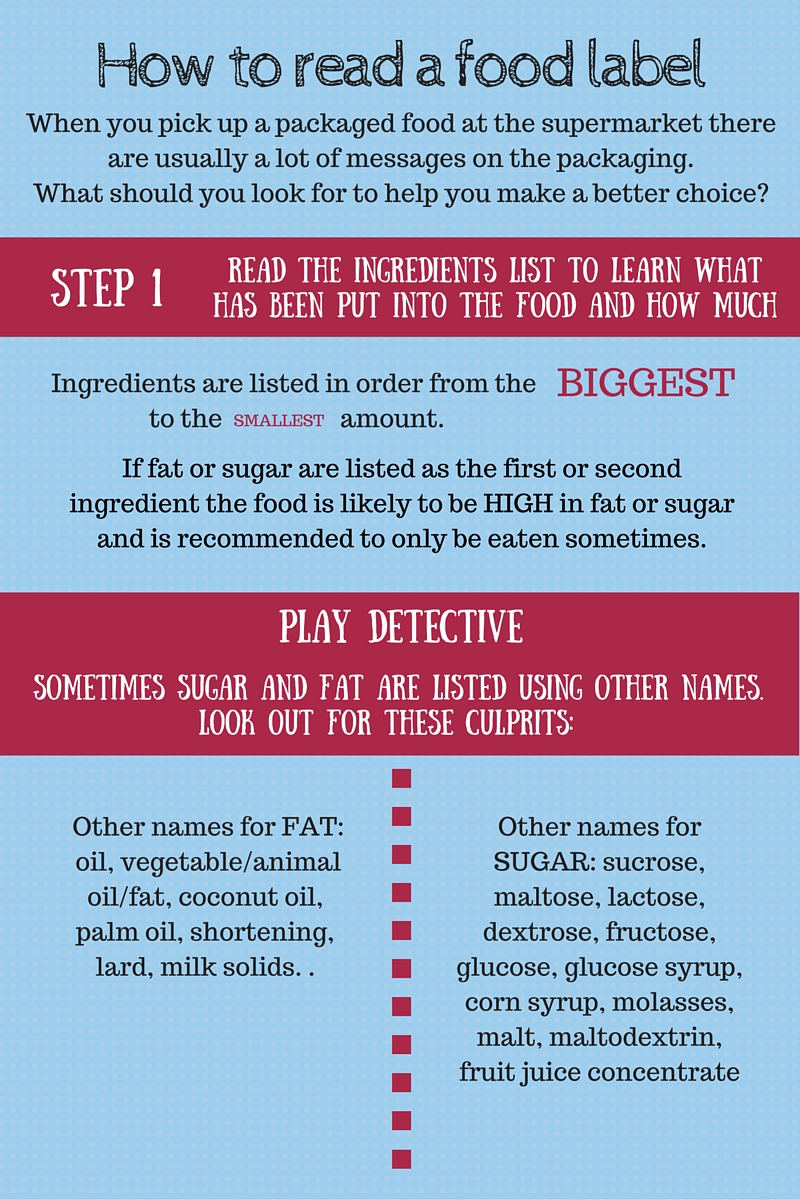




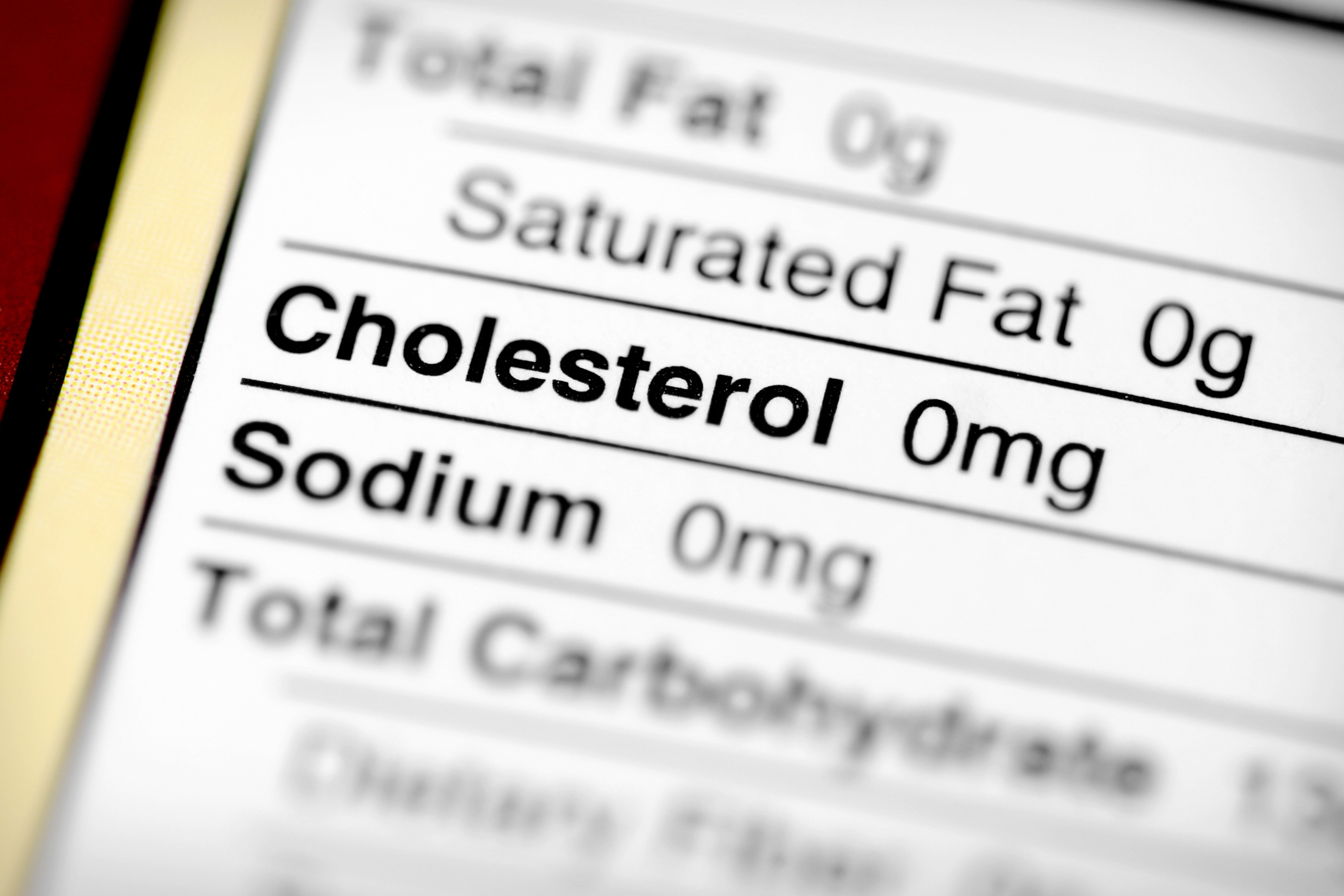
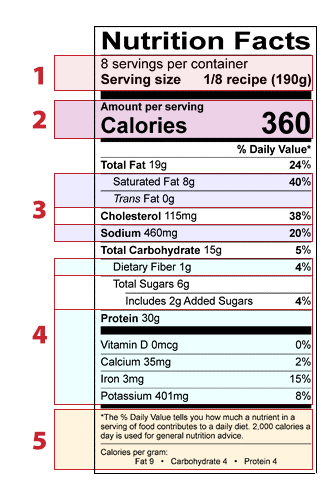
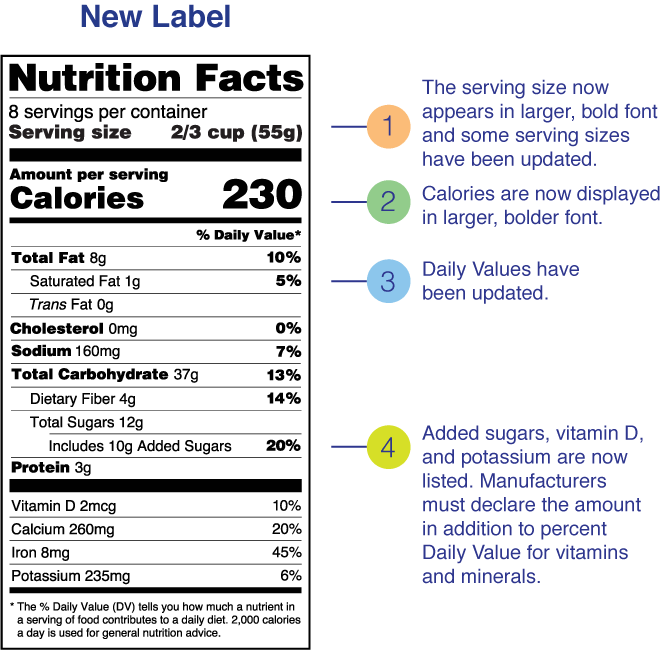
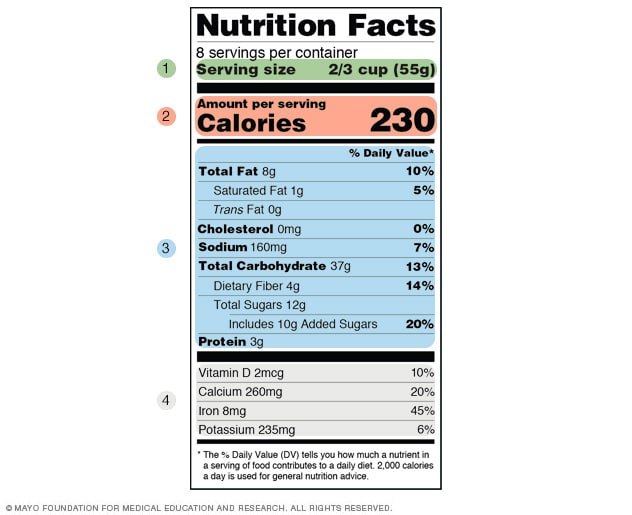

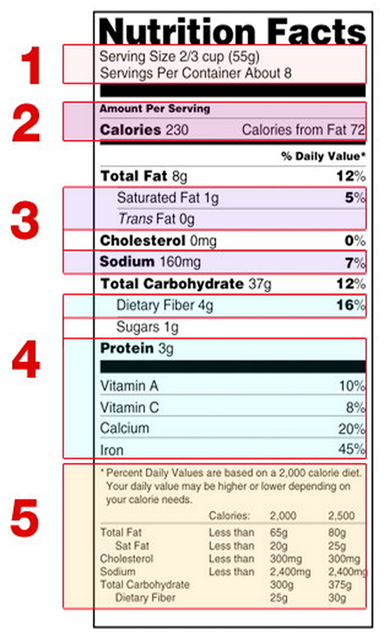

:format(jpeg)/cloudfront-us-east-1.images.arcpublishing.com/tgam/OWZVZMM2JBG7ZIRF7RZAZXOJDI.jpg)
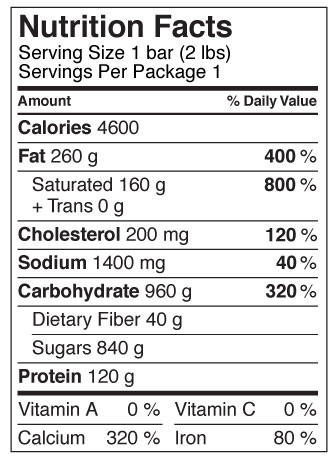

Post a Comment for "42 reading and understanding food labels"